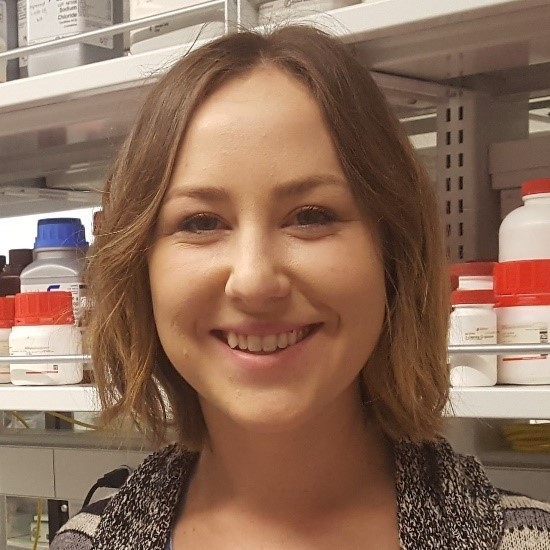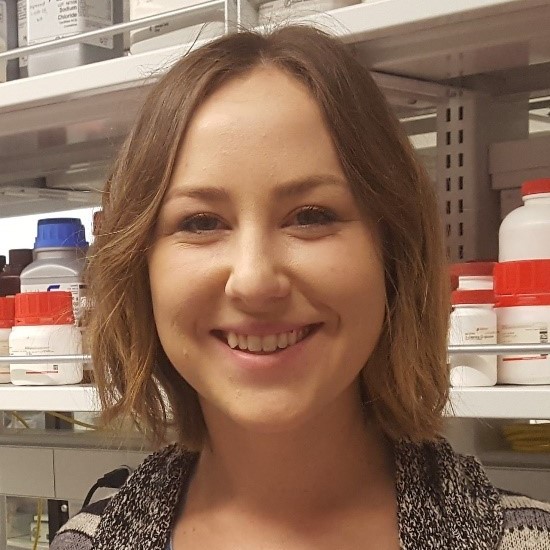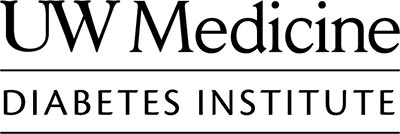A key priority of the UW Medicine Diabetes Institute (UWMDI) is to train the next generation of scientists who will advance our understanding of the causes and consequences of diabetes, and related metabolic and vascular disorders. Our training program draws upon extraordinary institutional strengths, including breadth in both medicine and science and a friendly and supportive environment that values diversity and emphasizes mentorship. Our training program is focused on developing scientists with strong research ethics, critical thinking and scientific communication skills.
Research training conference: To further our research training mission, the UWMDI conducts two research training conferences each week, in which students and fellows have the opportunity to present their work and ideas to a large group consisting of scientific peers and mentors, for evaluation and feedback. Supplemental sessions covering grant writing and career development are provided by faculty. One of these conferences is conducted jointly with metabolism researchers from the Seattle Veterans Affairs Hospital.
Research Ethics: All trainees attend the Biomedical Research and Integrity (BRI) series provided during summer quarter, including discussions. Topics covered include: conflict of interest, peer review, data acquisition, and research misconduct.
Grantsmanship: The UWMDI training program provides an ‘in-house’ grant review system. Through this process, research grant proposals from UWMDI faculty and trainees are reviewed by two local faculty members in advance of the submission date. Thus, applicants receive critical feedback to help them optimize the competitiveness of their proposals before they are submitted for formal review, while also strengthening fundamentals of grantsmanship.
Funding: The UWMDI training program is supported by two distinct NIH T32 Research Training Grants, focusing on different aspects of research, awarded to faculty in the Department of Medicine, Division of Metabolism, Endocrinology and Nutrition.
Diabetes and Metabolism
Trainees in the Diabetes and Metabolism Program seek to better understand the physiology of glucose homeostasis and the mechanisms that contribute to the pathogenesis of insulin resistance and type 2 diabetes. The underlying goal of the program is to identify novel interventions to both prevent and treat type 2 diabetes.
Learn MoreDiabetes and the Islet
Trainees in the Diabetes and the Islet Program are uncovering novel mechanisms that govern normal function of the pancreatic islet, and investigating how and why the islet fails in diabetes. These studies cover the spectrum from basic laboratory research through translational and clinical studies with the goal of developing novel therapies to prevent and treat islet failure in diabetes.
Learn MoreDiabetes and Complications
Trainees in the Diabetes Complications Program investigate mechanisms contributing to cardiovascular, kidney, and eye complications of diabetes with the shared goal of preventing these diabetes complications.
Learn MoreDiabetes and the Islet Program

Rehana Akter

Josh Castillo, PhD
Previous Members of the Diabetes and the Islet Program

Meghan Hogan, PhD
Research Projects: The Role Of Amyloid-Induced Star (Steroidogenic Acute Regulatory Protein) In Beta-Cell Function And Survival
The Role of Laminin Alpha 4 in Beta-Cell Function and Survival
View Publications
Diabetes and Metabolism Program

Chelsea Faber, PhD
Research Project: Characterizing the role of the hypothalamic ventromedial nucleus in glucose homeostasis.
View Publications

Kendra Francis

Kelly Ness, PhD
Research Project: Mechanisms of microglial inflammation in the mediation of obesity and glucose homeostasis.
View Publications

Anzela Niraula, PhD
Research Project: Identifying upstream mediators of microglial inflammatory signaling in diet-induced obesity.
View Publications

Nicole Richardson
Previous Members of the Diabetes and Metabolism Program

Kimberly Alonge, PhD
Research Project: Novel role of hypothalamic perineuronal nets in the pathogenesis of type 2 diabetes.
View Publications

Jenny Brown
Research Project: The hypothalamic arcuate nucleus-median eminence is a target for sustained diabetes remission induced by fibroblast growth factor 1
View Publications

Marie Bentsen, PhD

Jennifer Deem, PhD
Research Project: Investigation of neural pathways underlying central control of glucose homeostasis.
View Publications

Chelsea Faber
Research Project: Characterizing the role of the hypothalamic ventromedial nucleus in glucose homeostasis.
View Publications

Jennifer Rosenbaum, MD
Research Project: Improving Technology Options for Weight Maintenance
Diabetes and Complications Program

Corbin Johnson
Previous Members of the Diabetes and Complications Program

Diego Gomes-Kjerulf, PhD
Research Project: The effects of advanced glycation on the anti-inflammatory properties of HDL.
Relevance of serum amyloid A in the development of atherosclerosis.
View Publications

